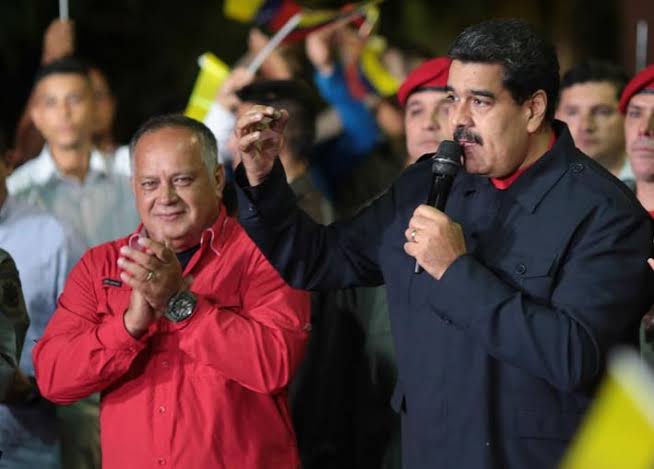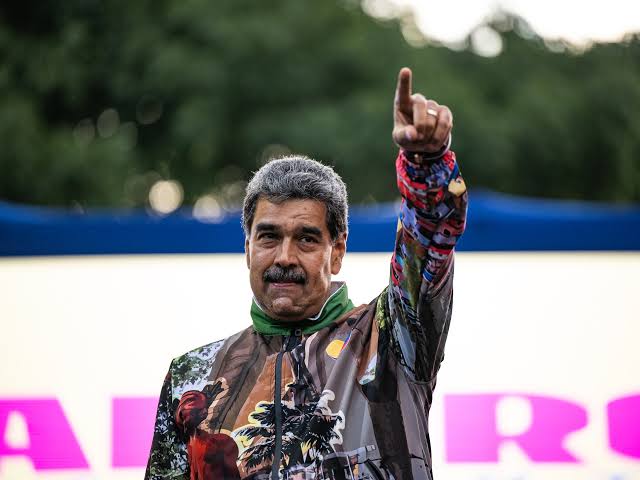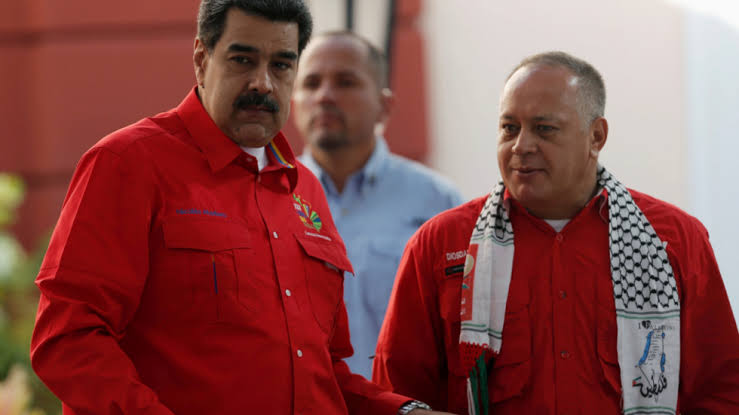President Nicolás Maduro of Venezuela has announced a major reshuffle of his cabinet after his controversial re-election success, which has been met with a lot of doubt both at home and abroad. The new police and oil ministers were appointed as part of the reshuffle. This is seen as Maduro’s attempt to consolidate power and deal with the growing problems his government is facing. The changes happen at a time when political unrest is high in Venezuela. Claims of election fraud have made the country’s already serious problems even worse.
Maduro’s re-election has caused a lot of controversy, with many in the opposition and foreign observers calling into question the validity of the vote. There have been claims of voter intimidation, manipulation, and open fraud during the election, which has led to calls for new elections and harsher punishments for Maduro’s government. Even though these accusations have been made, Maduro has kept going, saying that the complaints are part of a larger plot to bring down his government. Many people see the change of the cabinet as an attempt to increase his power over important parts of the government and to deal with the more hostile political climate.

Maduro reshuffles his cabinet, appointing new ministers as political tensions in Venezuela rise.
The most important changes in Maduro’s government are the new security minister and oil minister, who were both appointed during the reshuffle. The interior ministry, which is in charge of the country’s security forces, has been very important to Maduro’s efforts to keep things calm as the unrest has grown. People expect the new interior minister to play a big part in running the security system and making sure that the troops and police are loyal. Because of the contested election, there have been more protests and rallies, making this appointment even more important.
A new oil minister has also been appointed, which has big effects on Venezuela’s future. Venezuela’s economy depends a lot on its oil business, which has been hurt by years of bad management, corruption, and international sanctions. Venezuela is one of the biggest oil producers in the world. The new oil minister will have to get the sector going again and figure out how to deal with the complicated web of sanctions that make it hard for the country to sell its oil. Maduro’s choice for this job shows that he wants to be more involved with the country’s economic problems, especially since the government is facing less money and more pressure from both inside and outside the country.

Amid election controversy, Maduro names new interior and oil ministers in a major cabinet overhaul.
Different people have different thoughts on the new cabinet. People who support Maduro think that the changes are needed to make the government more stable and deal with the country’s most important problems. Some critics, though, say that the reshuffle is just a way to avoid talking about the country’s real problems, like the broad claims of election fraud and the ongoing humanitarian crisis. They say that the change won’t do much to fix the problems that are really causing Venezuela’s chaos without real political reform and free and fair elections.

Venezuela’s Maduro makes bold moves with a cabinet shake-up following his disputed re-election.
Finally, Nicolás Maduro’s choice to reshuffle his cabinet after his controversial re-election victory is a major development in Venezuela’s ongoing political disaster. The fact that Maduro chose new police and oil ministers shows that he is trying to strengthen his grip on power and deal with the serious problems his government is facing. But there are still doubts about the legitimacy of his government, and the reshuffle is not likely to stop the rising unrest and calls for change in Venezuela. While things keep changing, people around the world will be closely watching to see how Maduro handles the growing pressure and if the change will have any long-term effects on the country’s path.